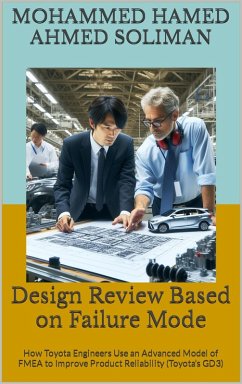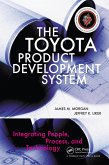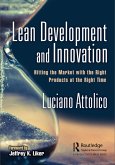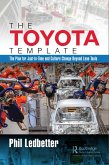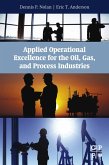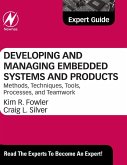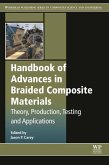Toyota doesn't just make high-quality products; they also have a process for making sure everything they do is high-quality. Next time you want to say Toyota isn't that great, think about how their way of doing things could help you make better quality products. Reliability is about having a product or service that can be trusted is really important for making customers happy. This means that the product will work the way the customer wants it to, and it will keep working well for a long time. Quality experts are basically saying that it is very important to focus on improving quality in all aspects of a business. They believe that businesses should prioritize quality in order to be successful. The more complicated the product is, the harder this task gets. Before World War II, the military, aerospace, and aircraft industries used the failure mode and effect analysis (FMEA) approach. Toyota then invented its production system after the war. FMEA has been around since the middle of the 20th century, especially in the aerospace and military industries. FMEA was made in the 1940s and used by the U.S The military works to find and fix problems in production before they happen. The method worked well, so NASA used it for different projects like Apollo and Voyager in the 1960s.
Nowadays Six Sigma's project team use FMEA in the Analyze stage of DMAIC because extraordinary quality is not only designed into the product, it is designed into the development process itself. The DRBFM methodology was created by Tatsuhiko Yoshimura, who is an expert in quality and a professor at Kyushu University in Japan. Yoshimura understood that making changes without the right documents can cause design problems. He used the idea of preventing problems before they happen to come up with his own way of thinking called DRBFM.
Dieser Download kann aus rechtlichen Gründen nur mit Rechnungsadresse in A, B, CY, CZ, D, DK, EW, E, FIN, F, GR, H, IRL, I, LT, L, LR, M, NL, PL, P, R, S, SLO, SK ausgeliefert werden.

